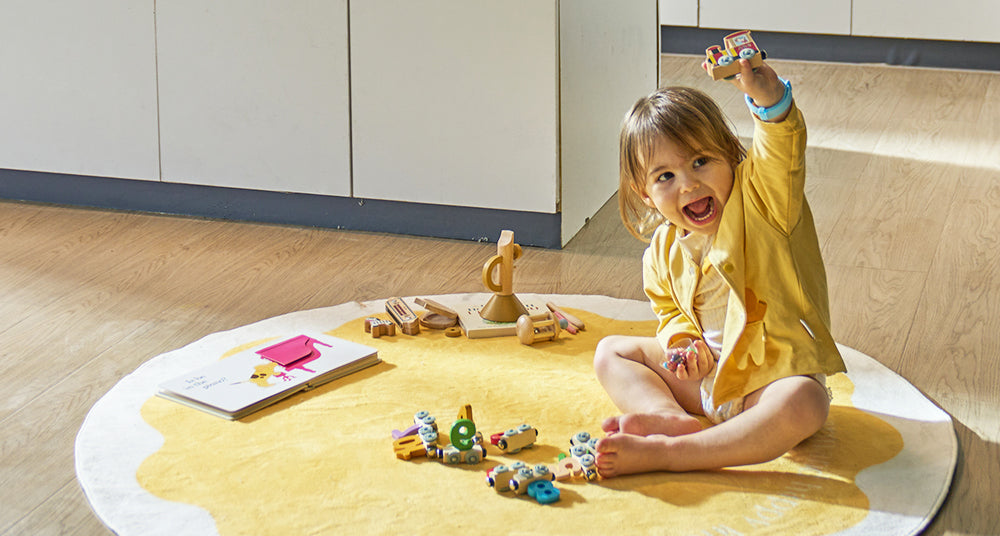

How to Help Your Toddler Sleep: Positive Bedtime Habits
Hello NehNehBaby Community!
Getting your toddler to sleep can sometimes feel like a daunting task. Establishing positive bedtime habits is essential for ensuring that your little one gets the rest they need. This week, we’re sharing some effective strategies to help your toddler develop healthy sleep habits.
Establish a Consistent Bedtime Routine
1. Set a Regular Bedtime
Consistency is Key: Try to put your toddler to bed at the same time every night. A regular bedtime helps regulate their internal clock, making it easier for them to fall asleep and wake up at consistent times.
2. Create a Calming Pre-Bedtime Routine
- Wind-Down Activities: Engage in quiet, calming activities like reading a book, taking a warm bath, or listening to soothing music. These activities signal to your toddler that bedtime is approaching and help them relax.
3. Limit Screen Time Before Bed
- Screen-Free Zone: Avoid screen time at least an hour before bedtime. The blue light emitted from screens can interfere with the production of melatonin, the hormone responsible for sleep.
Create a Sleep-Inducing Environment
4. Make the Bedroom a Sleep Haven
- Comfortable Bedding: Ensure your toddler’s bed is comfortable with appropriate bedding. A favorite blanket or stuffed animal can provide comfort and security.
- Dark and Quiet: Use blackout curtains to keep the room dark and a white noise machine to drown out any disruptive noises.
5. Keep the Room Cool
- Ideal Temperature: The ideal bedroom temperature for sleep is between 60-67°F (15-20°C). A cool room helps your toddler fall asleep faster and stay asleep longer.
Encourage Positive Sleep Associations
6. Develop a Sleep Cue
- Consistent Signals: Use consistent signals to indicate that it’s time to sleep. This could be a specific song, a bedtime story, or a phrase like "time to sleep." Repetition helps your toddler associate these cues with sleep.
7. Use a Comfort Object
- Security Items: Allow your toddler to sleep with a favorite toy or blanket. These comfort objects can provide a sense of security and help them feel more at ease when falling asleep.
Promote Daytime Habits That Support Sleep
8. Ensure Plenty of Daytime Activity
- Active Play: Make sure your toddler gets plenty of physical activity during the day. Active play helps them burn off energy and makes it easier for them to fall asleep at night.
9. Avoid Late Naps
- Nap Timing: Try to avoid naps that are too late in the day, as they can interfere with your toddler’s ability to fall asleep at bedtime. Aim for naps earlier in the afternoon.
Address Nighttime Waking
10. Gentle Reassurance
- Calm and Comfort: If your toddler wakes up during the night, provide gentle reassurance without making a big fuss. Keep interactions brief and calm to reinforce the idea that nighttime is for sleeping.
Conclusion
Establishing positive bedtime habits can make a significant difference in helping your toddler get the sleep they need. By creating a consistent bedtime routine, fostering a sleep-friendly environment, and encouraging positive sleep associations, you can help your little one develop healthy sleep habits that will benefit them for years to come.
We hope these tips help you create a peaceful and effective bedtime routine for your toddler. Thank you for being part of the NehNehBaby community!
Warm regards,
The NehNehBaby Team





